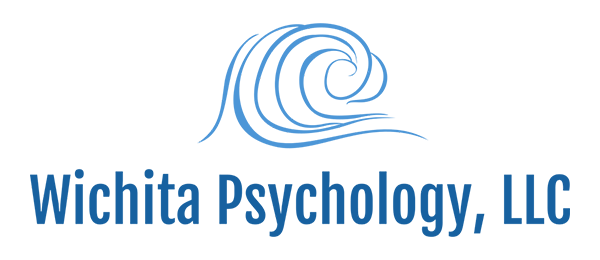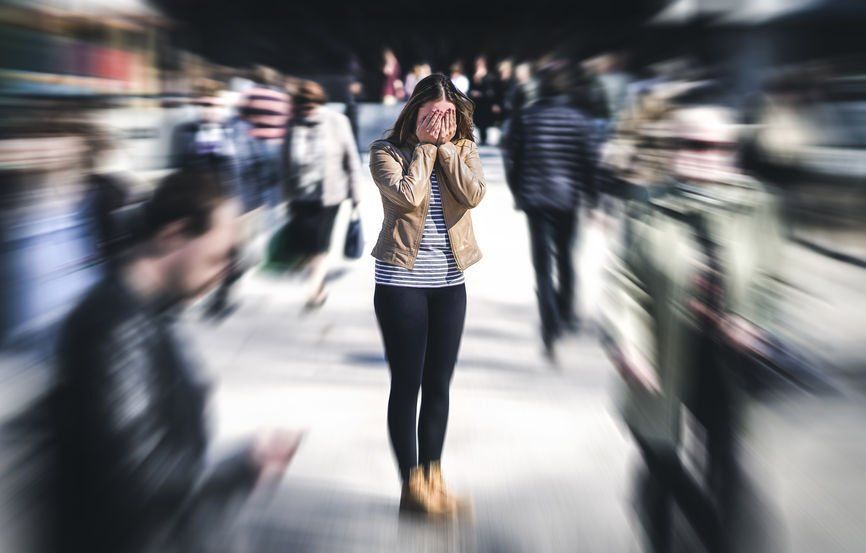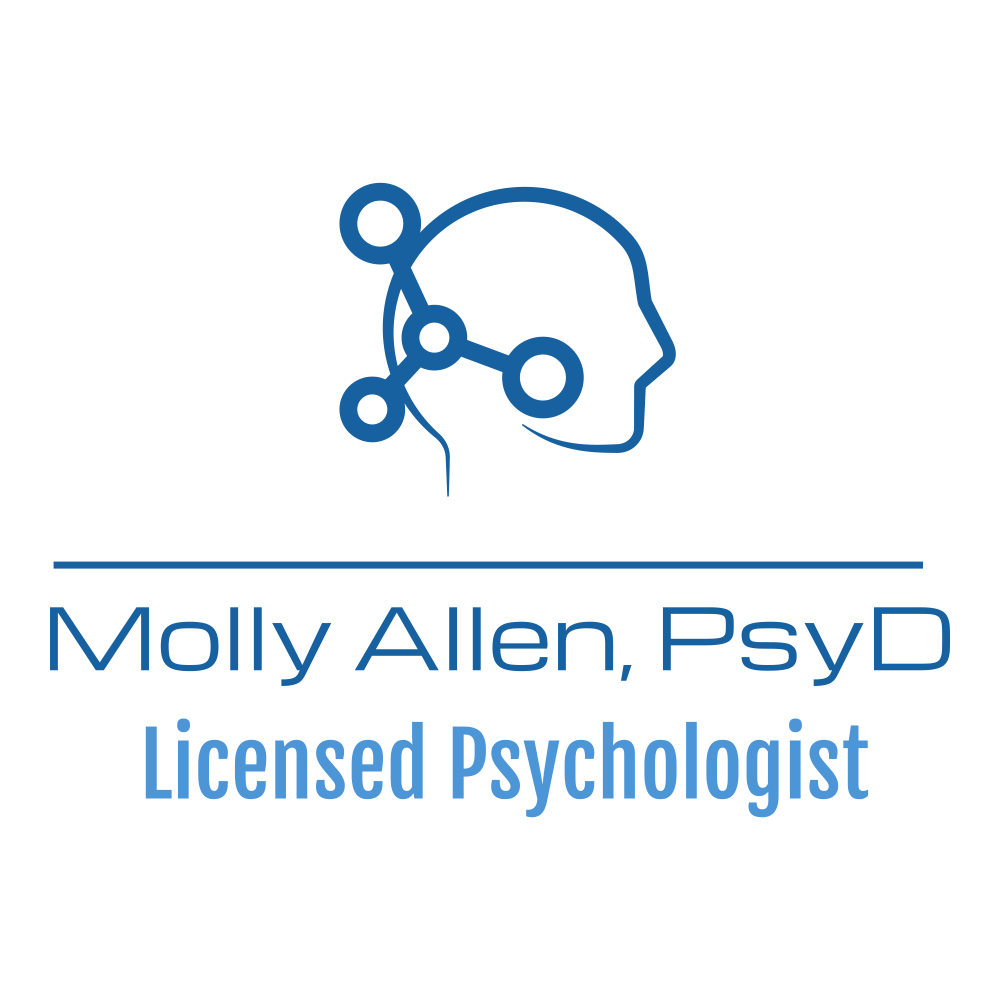Counseling and psychotherapy for individuals, children and couples.
What is Depression?
Depression is also called major depression, major depressive disorder and clinical depression, and treatment involves both the mind and body. Because it affects how you feel, think and behave, depression can lead to a variety of emotional and physical problems. The song says, “what I’ve got they used to call the blues”, but it’s more than that. It isn’t a weakness or something you can just “snap out” of. It can affect how you go about your daily routines and make you feel like life just isn’t worth living.
Depression is a chronic illness, like diabetes or high blood pressure. And like those illnesses, it usually requires long-term treatment. The good news is most people with depression feel better with medication, psychological counseling or other treatment.
Symptoms of Depression Include:
- Feelings of sadness or unhappiness
- Irritability or frustration, even over small matters
- Loss of interest or pleasure in normal activities
- Reduced sex drive
- Insomnia or excessive sleeping
- Changes in appetite, weight loss or weight gain
- Agitation or restlessness — for example, pacing, hand-wringing or an inability to sit still
- Slowed thinking, speaking or body movements
- Indecisiveness, distractibility and decreased concentration
- Fatigue, tiredness and loss of energy — even small tasks may seem to require a lot of effort
- Feelings of worthlessness or guilt, fixating on past failures or blaming yourself when things aren't going right
- Frequent thoughts of death, dying or suicide
- Crying spells for no apparent reason
- Unexplained physical problems, such as back pain or headaches
- Trouble with work or school
Since depression affects different people differently, things like inherited traits, age, gender and cultural background can all contribute to how depression affects you.
When To See a Doctor
Since depression can lead to other mental and physical health issues, it’s important to make an appointment with your doctor if you feel depressed. Depression probably won’t get better left untreated and feeling depressed can lead to suicide. If you’re unsure about talking to a doctor, talk to someone else you trust like a friend or relative, a faith leader or health care professional.
Causes of Depression
Doctors don’t really know what causes depression, however as with any mental illness, there are a number of factors that can be involved, including:
- Biological differences— Physical changes in the brain are common among people with depression. Why these changes are significant isn’t clear, but they could help zero in on a cause.
- Neurotransmitters— Neurotransmitters are naturally-occurring brain chemicals that affect your mood.
- Hormones— Doctors think changes in the balance of hormones in the body may be involved in causing or triggering depression. These hormone changes can be from thyroid problems, menopause or other conditions.
- Inherited traits— Since depression is more common in people whose biological family members also have the condition, researchers are trying to find genes that may be involved.
- Life events— The circumstances of life such as the death or loss of a loved one, financial problems and high stress can trigger depression in some people.
- Early childhood trauma-- Traumatic events during childhood, such as abuse or loss of a parent, may cause permanent changes in the brain that make you more susceptible to depression.
Other risk factors include a history of alcoholism, family members who have committed suicide, being poor, having a serious illness, certain personality traits and being a woman.
Treatment
Most often a combination of medication and psychotherapy is the most effective treatment for depression. A hospital stay or an outpatient treatment program can also help with depression.
Medications
There are several different types of antidepressants available to treat depression and your primary care physician know which one is right for you. Types of antidepressants include:
- Selective serotonin reuptake inhibitors (SSRIs)-- These medications are safer and generally cause fewer side effects. SSRIs include Prozac, Paxil, Zoloft, Celexa and Lexapro.
- Serotonin and norepinephrine reuptake inhibitors (SNRIs)-- These medications include Cymbalta, Effexor and Pristiq.
- Norepinephrine and dopamine reuptake inhibitors (NDRIs)— Wellbutrin falls into this category and it's one of the few antidepressants that doesn't cause sexual side effects.
- Atypical antidepressants- -These include trazodone and mirtazapine. Both of these antidepressants are sedating and are sometimes added to other antidepressants to help with sleep.
- Tricyclic antidepressants-- These antidepressants have more numerous and more severe side effects, and aren’t usually prescribed unless you've tried an SSRI first.
- Monoamine oxidase inhibitors (MAOIs- -MAOIs such as Parnate and Nardil are usually prescribed as a last resort when other medications haven't worked.
- Other medication strategies— some other treatment options can include stimulants, mood-stabilizers and anti-anxiety medications or antipsychotic medications.
While depression can’t be prevented, it can be controlled sufficiently to lead a normal life. And early treatment can help depression from getting worse.
Source: The Mayo Clinic
727 N. Waco, Suite 255
Wichita KS 67203
p 316.260.4587
f 316.260.4676
Info@ICTPsych.com
Hours - Open by appointment
Please leave a message on our secure voicemail





